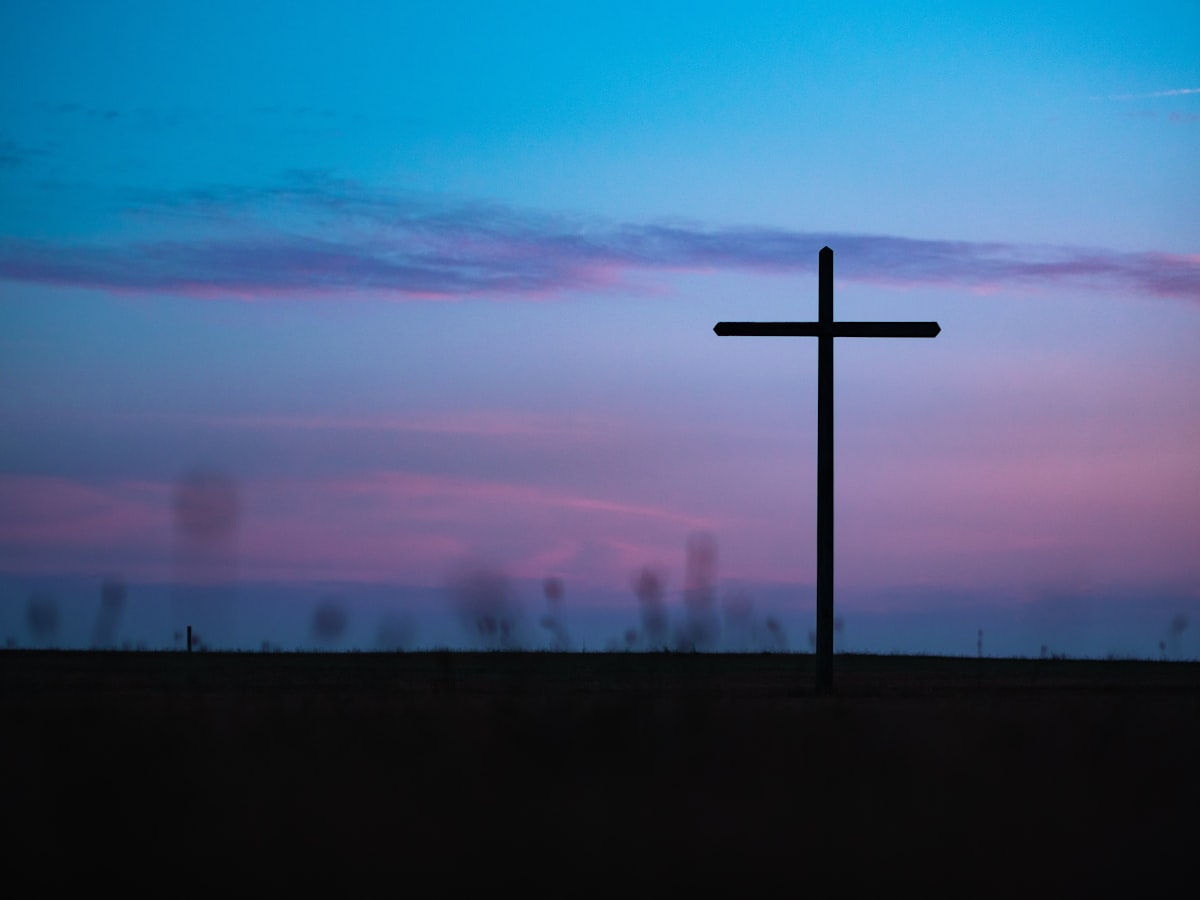the cross you bear is the best of all (part 1)

Carrying his own cross. (John 19:17)
"The Changed Cross" is a poem that recounts the story of a weary woman who believed that the burden she had to carry, symbolized by the cross, was undoubtedly heavier than those of others. Consequently, she longed to exchange her cross for someone else's.
While asleep, she found herself in a place where an array of crosses was available for her to choose from. These crosses varied in shape and size, but the most exquisite one was adorned with jewels and gold. Thinking it would bring her comfort, she reached for it, only to struggle under its weight due to her frail body. The jewels and gold, despite their beauty, proved too cumbersome for her to bear.
Then, her attention shifted to another cross, adorned with beautiful flowers entwined around its sculpted form. This cross seemed perfect for her. However, beneath the flowers lay sharp thorns that pierced and tore her skin upon lifting it.
Finally, she encountered a simple cross devoid of jewels, carvings, and with only a few loving words inscribed on it. As she lifted this plain cross, she discovered it to be superior to all the others, and surprisingly, the easiest to carry. Gazing at it, she noticed it was bathed in a heavenly radiance, and she recognized it as her own old cross. She had rediscovered it, and it proved to be the best and lightest burden for her.
This story conveys the notion that God understands best which cross we are meant to bear, while we remain ignorant of how heavy someone else's cross may be. Often, we envy those who possess material wealth, represented by a cross adorned with gold and jewels, without realizing the weight it carries. Similarly, we may admire individuals whose lives appear effortless, carrying crosses covered in flowers. Yet, if we could examine all the crosses we believe to be lighter than ours, we would never find one more suitable for us than our own.
(Adapted from Glimpses through Life’s Windows)
. . .
If you, with impatience, give up your cross,
You will not find it in this world again;
Nor in another, but here and here alone
Is given for you to suffer for God’s sake.
In the next world we may more perfectly
Love Him and serve Him, praise Him,
Grow nearer and nearer to Him with delight.
But then we will not anymore
Be called to suffer, which is our assignment here.
Can you not suffer, then, one hour or two?
If He should call you from your cross today,
Saying, “It is finished— that hard cross of yours
From which you pray for deliverance,”
Do you not think that some emotion of regret
Would overcome you? You would say,
“So soon? Let me go back and suffer yet awhile
More patiently. I have not yet praised God.”
So whenever it comes, that summons we all look for,
It will seem soon, too soon. Let us take heed in life
That God may now be glorified in us.
— Harriet Eleanor Baillie-Hamilton King, Ugo Bassi’s Sermon in a Hospital
Reference:
Cowman, L. B. E.; Reimann, Jim (2008-09-09). Streams in the Desert: 366 Daily Devotional Readings (p. 331). Zondervan. Kindle Edition.


